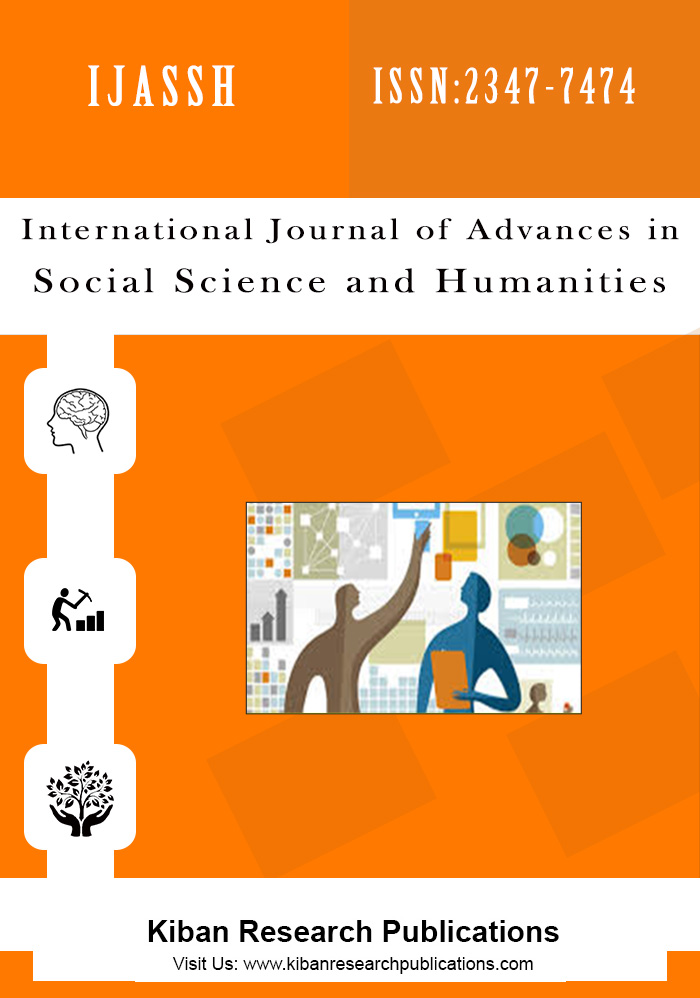Re-Appraisal of the Consequences of ‘Working-Class Consciousness’ on the Coal-Mining Industry in Eastern Nigeria under Colonial Rule
Abstract
Â
This paper examines the characteristics and effects of „working-class consciousness‟ and actions on the coal-mining industry in Enugu, Eastern Nigeria during the colonial period. From the inception of the industry in 1915, the „working-class‟ shared similar economic motive that they protected through collective actions; the hallmark being the 1949 „go-slow‟ strike that led to the shooting incident at the mine. Drawing from both primary and secondary sources, the essay argues that management‟s efforts to create „labour aristocrats‟ failed, but the working-class consciousness and actions later had positive effects on workers‟ welfare at the industry. It concludes by placing the 1949 shooting incident in its proper historical perspective after a thorough re-appraisal.
Â
Keywords: Coal-mining industry, Enugu, labour aristocrats, Shooting incident, Working-class consciousness.




